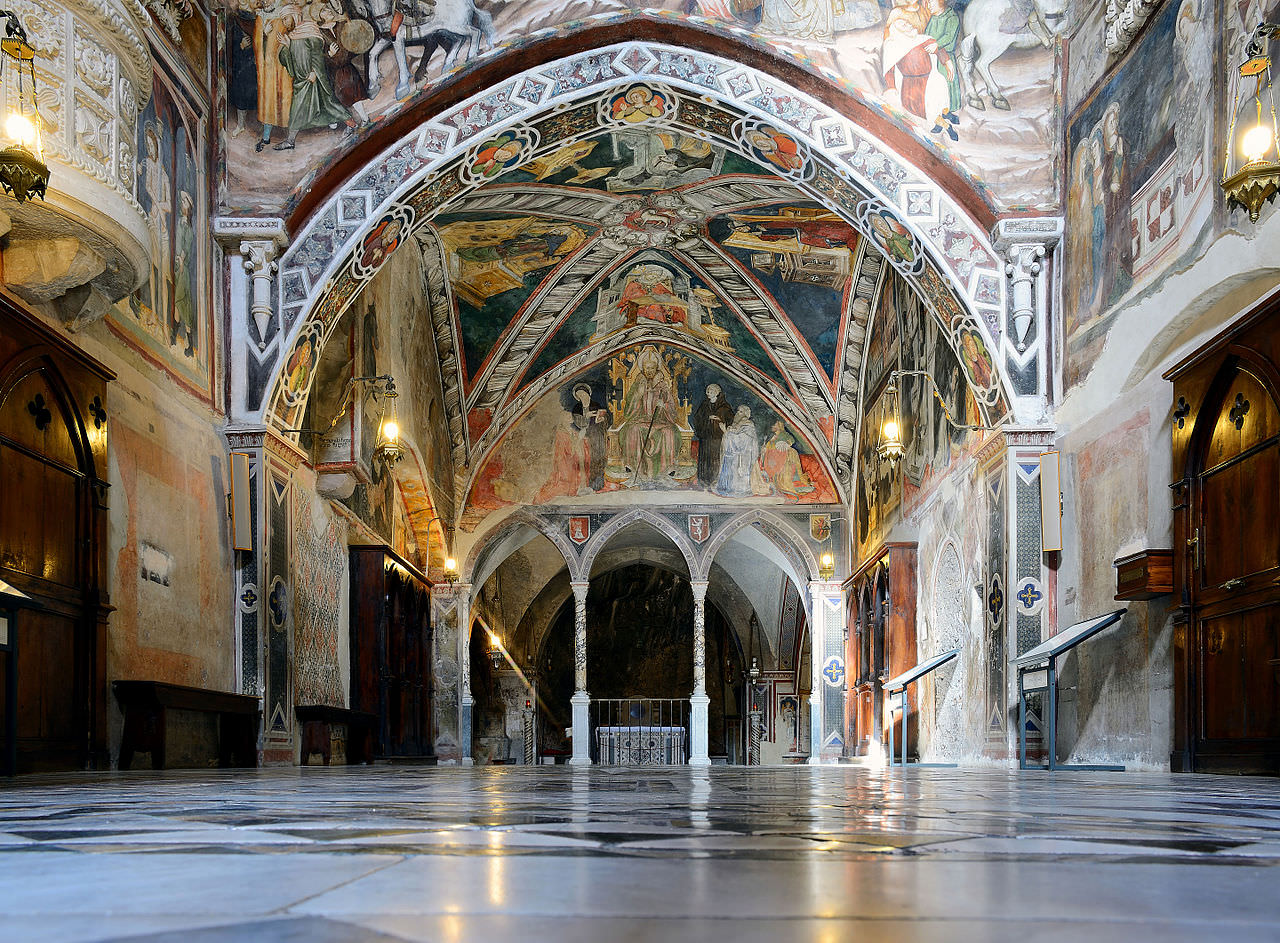In dealing with problems of human relations, medieval thinkers came fairly close to modern democratic thinking. Except for extreme realism, medieval political thought was emphatically not autocratic. To the medieval thinker the perfection of the kingdom of heaven could not possibly exist on earth, where compromise and imperfection were inescapable.
Nor could full equality exist on earth. Medieval political thought accepted as its starting point an order of rank in human society. The twelfth-century Policraticus (Statesman’s Book) of the English Scholastic philosopher John of Salisbury (c. 1115-1180) provided a complete statement of this social theory.
The prince (or king) is the head of the body of the commonwealth; the senate (legislature) is the heart; the judges and governors of provinces are the eyes, ears, and tongue; the officials and soldiers are the hands; the financial officers are the stomach and intestines; and the peasants “correspond to the feet, which always cleave to the soil.” The peasant, the blacksmith, the merchant, the lawyer, the wife, the priest, and the king had all been assigned a part of God’s work on earth. This “organic” theory of society was a great favorite with those who opposed change.
While medieval thought thus distinguished among vocations, it also insisted on the dignity and worth of all vocations. It accepted the Christian doctrine of the equality of all souls before God. Even the humblest person on this earth could hope to enjoy bliss as full and eternal as any king’s in the next world. Furthermore, medieval political theory by no means opposed all change on earth.
Medieval thinkers were certainly not democratic in the sense of believing that the people had a right to, or could, “make” their own institutions. But they did not hold that, since God had arranged authority as it was in this world, humanity should preserve existing conditions, come what may.
Later Marsiglio of Padua (c. 1290-1343), the author of Defensor Pacis (Defender of the Peace), found the only true source of authority in a commonwealth to be the universitas civium, the whole body of the citizens. Marsiglio probably did not mean to be as modern as this may seem. But like many other medieval thinkers, Marsiglio believed that no one’s place in the order of rank is such that those of lower rank must always and unquestioningly accept what is commanded of them.
If worse came to worst, medieval political thinkers were willing to approve tyrannicide. To the medieval mind, law for common everyday purposes was custom. But beyond custom lay the law of nature, or natural law—something like God’s word translated into terms that made it usable by ordinary persons on earth.
The medieval thinker, if puzzled, tended to resolve problems by an appeal to authority—the best or the natural authority people had been trained to believe in. And medieval thinkers usually believed that no perfectly satisfactory solution to their problems would be available until they went to heaven. The modern thinker, if puzzled, tends at least to consult several different authorities and to compare them before deciding. Modern thinkers may also try to experiment. The right way for the medieval person already existed and had, at most, to be found; the right way for the modern person may have to be invented, created.

